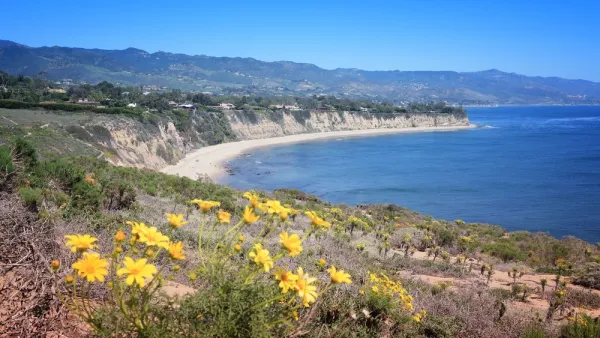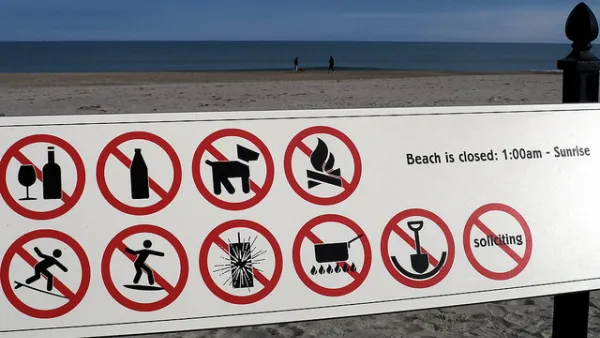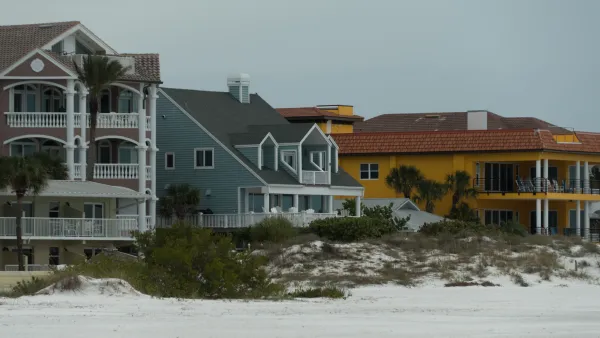It's harder to access the ocean in Massachusetts than any other coastal state in the country, but that could soon change.

"Thanks to a well-meaning ordinance approved by the king of England in the 1600s, modern Massachusetts (as well as Maine, due to the fact that it was once part of Massachusetts) today has what are considered the most restrictive ocean access laws in the country," according to a paywalled article by Billy Baker. The law was one of the first to fracture the Public Trust Doctrine first expressed in Roman law and passed down through millennia until it came to Massachusetts.
That could change soon, however, after state legislators proposed a new law that hinges on a single word: recreation. Baker explains more:
Under the Massachusetts interpretation of the Public Trust Doctrine, a state law known as Chapter 91, the public can access “private tidelands’’ for only three purposes: “fishing, fowling, and navigation.’’ When it was formalized in 1866, Chapter 91 was meant to protect how the public customarily used the sea.
State Senator Julian Cyr and State Representative Dylan Fernandes are proposing that the Chapter 91 be rewritten to add recreation to the "fishing, fowling, and navigation" protections in Chapter 91, as Baker explains in the article.
Experts and stakeholders on either side of the issue present their case in the remainder of the article. One key consideration in the debate is climate change, and the public assistance some coastal landowners, who might be resistant to the proposed law, will require to deal with the effects of sea-level rise.
FULL STORY: Here’s the word: ‘Recreation’ could open up beach access

National Parks Layoffs Will Cause Communities to Lose Billions
Thousands of essential park workers were laid off this week, just before the busy spring break season.

Retro-silient?: America’s First “Eco-burb,” The Woodlands Turns 50
A master-planned community north of Houston offers lessons on green infrastructure and resilient design, but falls short of its founder’s lofty affordability and walkability goals.

Delivering for America Plan Will Downgrade Mail Service in at Least 49.5 Percent of Zip Codes
Republican and Democrat lawmakers criticize the plan for its disproportionate negative impact on rural communities.

Test News Post 1
This is a summary

Test News Headline 46
Test for the image on the front page.

Balancing Bombs and Butterflies: How the National Guard Protects a Rare Species
The National Guard at Fort Indiantown Gap uses GIS technology and land management strategies to balance military training with conservation efforts, ensuring the survival of the rare eastern regal fritillary butterfly.
Urban Design for Planners 1: Software Tools
This six-course series explores essential urban design concepts using open source software and equips planners with the tools they need to participate fully in the urban design process.
Planning for Universal Design
Learn the tools for implementing Universal Design in planning regulations.
EMC Planning Group, Inc.
Planetizen
Planetizen
Mpact (formerly Rail~Volution)
Great Falls Development Authority, Inc.
HUDs Office of Policy Development and Research
NYU Wagner Graduate School of Public Service





























